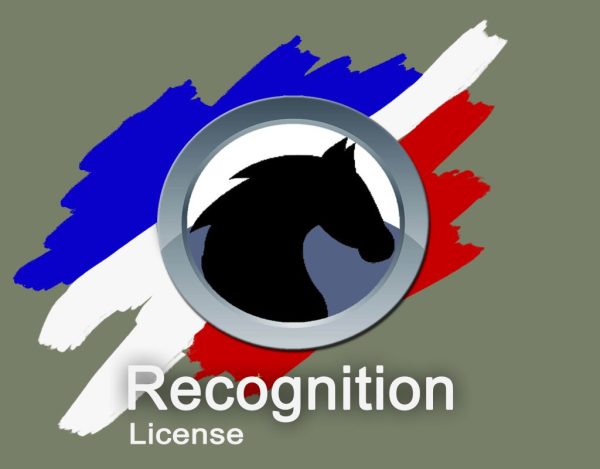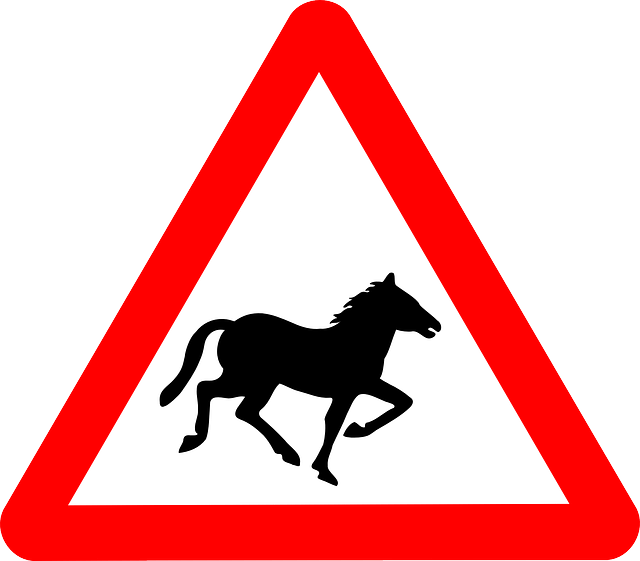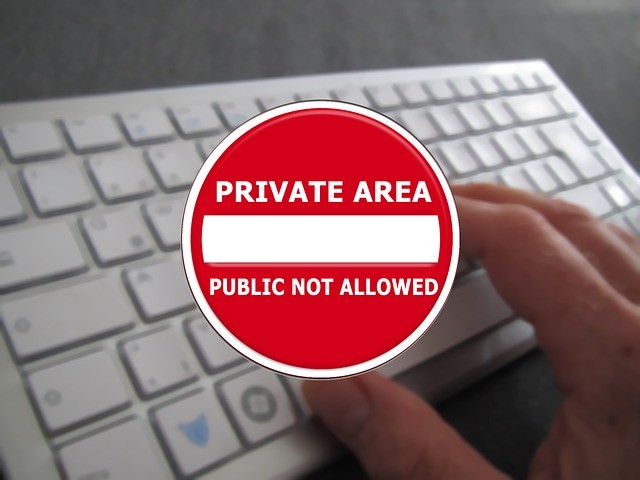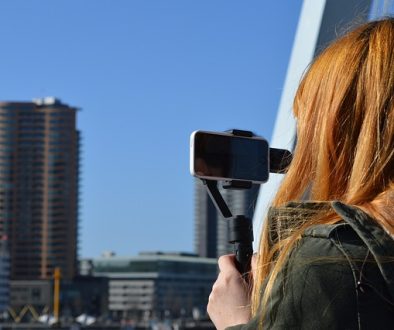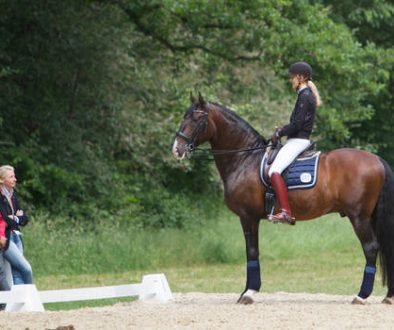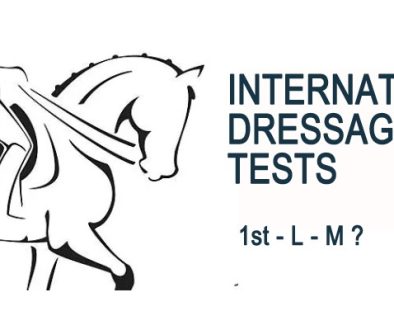VHS Recognition : History & Requirements
In order to understand the requirements put forth by VHS, one first needs to understand the basic technology behind the online industry. One of the more confusing points to a non-technician is the term “The Cloud”. Even lawyers have a problems with the understanding the definition. It is a buzz-word. Nothing more. A server whose content and software is accessible by the public.

TECHNOLOGY DEFINITIONS : THE CLOUD
“The Cloud” is a storage device that is resident on a internet server and whose content is potentially accessible by multiple organizations or 3rd party individuals. Where as in the past, a server was dedicated to a single organization and the technology managed with in-house staff. Access was limited to specific individuals. In the Cloud, now storage is outside a specific organization and managed by a 3rd party, such as google. This increases the flexibility of internet data, where information can be accessed by anyone on the net – within firewall parameters. .
IN SIMPLE TERMS…”The Cloud” is the internet
By this definition, all video storage services, such YouTube, TicToc, DTube and Vimeo, are also considered “The Cloud”, as they store data, in this case Video, for 3rd party viewing. You can’t be on the internet and not be on the cloud. You can be on a local private network, but that is not the internet.
OTHER DEFINITIONS OF "THE CLOUD"
VHS HISTORY
VirtualHorseSport.com is a online equestrian show system based on the 2020 Utility Patent “The Virtual Sports Competition” U.S. Patent No. 11,291,916 · Issued May 29, 2020.
For purposes of clarity, it is useful to review the definition of a Utility Patent vs a design or plant patent. A utility patent, by definition, safeguards the PROCESS, in this case Online Competitions. Applications are just one form of implementation of that process. See the definition online.
The Virtual Sports Competition patent, covers all non-combative sports using video as a means of recording athletic performances and then have those performances reviewed by a licensed official. The patent is not limited to equestrian sport, but may also cover other sports such as Ice-skating, Gymnastics, dancing and similar sports where the performance is independent and compared to other performances. This patent also covers training of potential licensed officials when applied in using past recordings as a training tool.
WHY ARE YOU TELLING ME ALL THIS?
Why?
Because to hold a online equestrian show, without a VHS Official license, violates the patent rights and ultimately threatens the very service to riders. Riders that could not otherwise afford to get sound, trained and constructive competition reviews. The FEI is one such entity that would soon ban such services.
The patent is unique in that it is written in such a way as to define that ALL non-combative online competitions. Thus, all online horse shows, in North America, are also covered, whenever they use recorded media that is uploaded and stored to any server on the internet. It is a Utility patent, and according to the United States Patent Office, protects the process of implementing online competitions. An application is just an implementation of that process.
MOST IMPORTANT:
The patent is not intended to limit online competition vendors, but rather to normalize the requirements of online showing across all vendors, given the heavy objection to it from the FEI and other groups. It achieves this through a minimal licensing agreement. Thus certain rules are required to protect the horses, riders, as well as judges, in a distance judging environment.
WHAT NEEDS PROTECTING?
This is the internet, with all the power and down falls of such technology. One disadvantage of using the internet, is that any arm-chair individual can make public commentary about scoring and riding..attacking judges as they see fit. Not a problem when it is a single judge reviewing a single ride at a on-site show… everyone has a right to an opinion. However, when riders “shop” one ride video from one online show to another online show, potentially comparing the scores between different judges or publicly shaming and criticizing via social media, a potential danger arises.
Some judges have avoided the problem simply by refusing to judge online shows. This punishes riders, who may desire and need the advice given by these educated and approved officials.
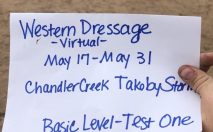
Virtual Horse Sport, has taken a page from the Western Dressage Association, where videos MUST present a sign within the recording stating the name of the show, date, rider name, horse name and test being ridden. Using this technique, not only prevents a video from being distributed between different online show judges, but also prevents confusion in a online show setting. The show office does not get to see, the rider personally. The only communication the show office has, is that sign and comparing it to the entry form submitted remotely.
As such, using the patent as a basis, this sign requirement is essential to the future of cost-effective access to licensed judging officials.
The Horses’ Welfare Matters
One of the chief objections to online shows, is to make sure that horses are not being unduly treated with strong equipment. Taking another page from the Western Dressage Association, Virtual Horse Sport, as of 2023, now requires a “Equipment Check“, similar to the procedures used by onsite TD’s when inspecting a horse.
With the video continuing to record without breaks, the spurs, mouth, bit is shown on camera. The camera continues to roll videoing around the horse, looking for any blood, or strong aids spots. The process is not perfect, but the basics of horse welfare is displayed.
An example of the ideal Equipment Check is done by Ida Norris, USEF S & WD R Dressage Judge.
Your show may make variations on the example, based on the needs of your riders. For example, checking the sides of the horses mouth may only be required vs dropping the bit.
Why online shows?
Because showing is expensive. Yet showing is essential to getting an independent view on how a rider’s or horse’s training is coming along. Especially for those riders who can not afford regular lessons or the watchful eye of a educated and experienced trainer.
Showing has become too expensive for the average middle class working person. By the time you add all the different association fees, office fees, trailing fees, hotel fees, grooming help, what once was a expensive $500 weekend with $30 entry fees is now a vacation summing upwards of $1500 for a 3 day experience.
Because safe sport limitations have added to the expense for the middle class rider. A minor is now required to have a parent or guardian with them, at any on-site event. Trainers used to be able to take a minor with them, with the parents permission. Now, most say no. Simply because the potential for accusation, risks their very livelihood. Middle class working parents, simply can not take time off of work to attend their minor child’s event and still pay the bills of a already expensive sport.
A rider should not have to take out a mortgage on their house in order to be seen by qualified licensed judges. Not everyone has a trust fund or wealthy benefactor. If we want the sport to continue, in the United States, riders need the opportunity to be reviewed by those who have the knowledge and experience …plus get a ribbon now and then. Riding should be available to all who are interested. Not just all who have money.
Rider’s need privacy? Huh?
For the same reason that Judges need protection, riders also need the option of privacy. Too many online arm chair judges are very into criticizing riders for their efforts. Video makes that potential damage, last for years, not just a moment in time at a local on-site show. A hijacked video can be spread all over social media. A video, can be placed on any number of public video services , such as YouTube, without the permission of the rider or horse owner.
There are hundreds of reasons why a rider may not want other’s to see their ride. Perhaps a rider is trying a new test. Perhaps a trainer wants to try a new horse. A judge’s viewing is ok. Judges are licensed professionals, trained to give constructive observations. Arm chair judges just want drama for their page. All these reasons and more, may be why a rider is not interested in having their video open for the public to see.
Virtual Horse Sports system, provides the option of this privacy. All rider controlled.
THE 3RD PARTY ONLINE SHOW LICENSE REQUIREMENTS
Here are the requirments for Riders: Rider Competition Rules
The requirements for 3rd Party Licensed Shows are as follows:
- All rides must have a hand/typed sign shown within the video PRIOR to any ride beginning a test. Ride shall continue without stopping the video.
- All rides must perform a version of the equipment check AFTER the ride has concluded but without stopping the video.
- A licensed fee is paid to Virtual Horse Sport, prior to the online show competition.
- Only licensed USEF judges shall review the tests. FEI judges are not allowed to judge online shows.
- A excel spread sheet of riders results shall be submitted to Virtual Horse Sport, within 14 days of the conclusion of your show. This is so your riders will be included in the VHS Seasonal Championships. The submission is free.
THAT IS IT!
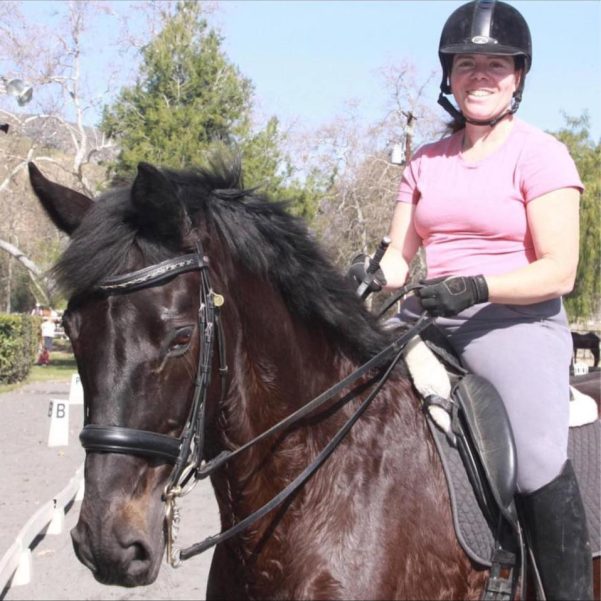
Author: Debbie Kurth
Debbie is the patent owner of the “The Virtual Sports Competition” and creator/coder of VirtualHorseSport.com. A computer engineer and former Disney Imagineer, she has received her USDF Bronze and Silver medals, thanks to 3 amazing horses: Juliet, Splendid and Rainman. She was coached & trained by Swedish Dressage Trainer and S Judge, Ulf Wadeborn. She is the founder and CEO of Multimedia Designs, LLC.
VIRTUAL HORSE SPORT : UPCOMING SHOWS

VirtualHorseSport.com is a licensed system based on a Utility Patented
This patent covers includes all online horse shows, judge training and other online sports in North America.
FOR MORE INFORMATION SEE
“The Virtual Sports Competition”
U.S. Patent No. 11,291,916 · Issued May 29, 2020
